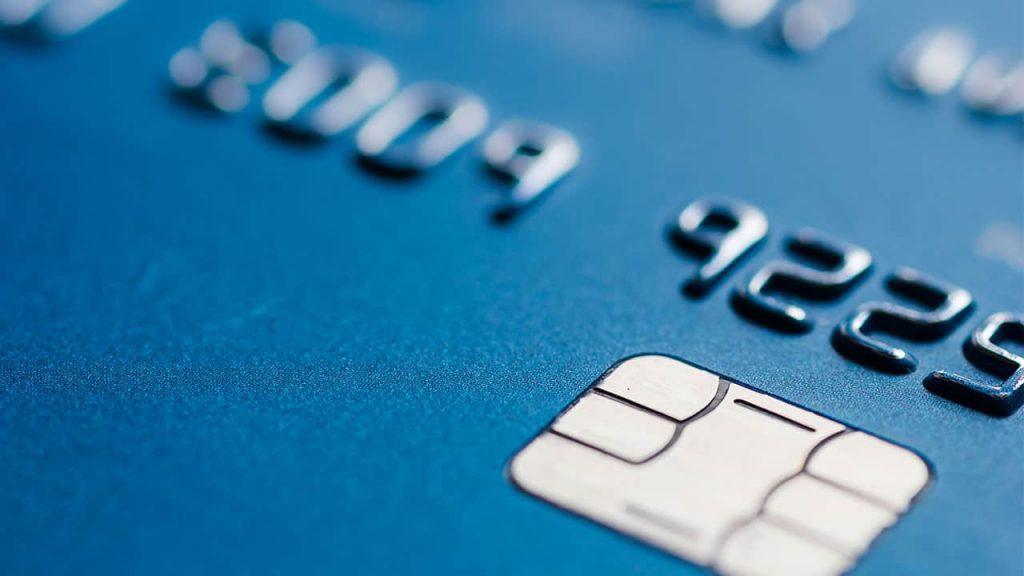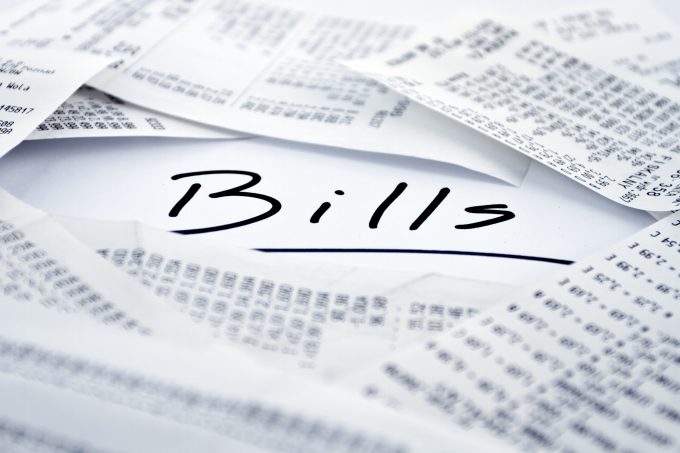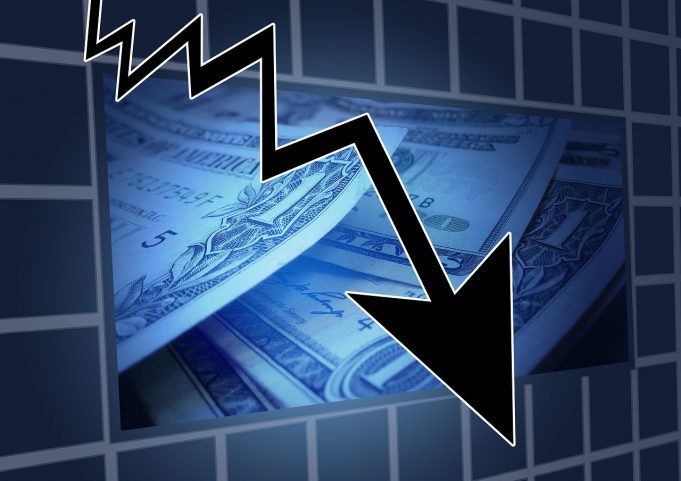When your finances go sour, it can be difficult to pinpoint where all the money has gone. Somewhere along the line, you’ve lost track and wound up in a financial crisis. Maybe your spending isn’t a problem, but you’ve lost your job. Either way, overnight, you can find yourself struggling financially.
It’s not only a big challenge to get out of the crisis, but also a stressful and overwhelming one. However, it’s never beyond reach. Financial problems come in many different levels. It’s important to understand that even if others can help you at the time, it’s your responsibility to get out of the muddle and take some immediate measures to help you during this stressful time.
Maybe this is your first crisis or tenth; everyone is prone to get into a financial jam at one point or the other. But there are things you can do during a crisis that can alleviate the burden ASAP. This is as good a place as any to give you some strategies that you can apply to help you get back on track.
Stop credit card use

Somewhere in your finances, there’s a leak, and that leak has to be stopped because it’s going to be one, if not the main, source of your problems. Now, some of those leaks are going to be very obvious, like your credit card usage. We all know that credit cards just make it too easy to spend, and that’s the last thing you want to do now. Your spending should only be on the essentials. So, for a change, keep your credit card in a safe place, and when you go out, only deal with cash for the time being. If your card is also on any shopping site, remove it to help you stop spending too easily.
Make do
Nothing big is going to happen if you don’t buy that new winter coat you had your eyes set on. The only thing that will happen is you will worsen the problem by buying something you don’t really need when you can easily make do with other resources you have.
Items of clothing and accessories are the most obvious things that can be put on pause since most of us have a few items from last season that are still very wearable, and maybe haven’t even been worn yet. Spending on food can also be limited. Your kitchen pantry might be stored with a lot of things to make some home-cooked meals instead of eating out. We don’t always notice just how many items we already have stored up until we are forced to notice.
Take out a personal loan

Facing a financial crisis doesn’t mean you’ve been irresponsible or spending wildly. It could be the result of anything: losing your job or being subjected to a sudden illness or operation. You might have a family and are responsible for meeting their immediate needs, which is why taking out a loan can be a savior. Unfortunately, some financial institutes are more judgmental than anything else about the fact that you need a loan, and if you’ve got some bad credit, you can easily be turned down for it.
On the flip side, you can see the terms and conditions on this URL that can provide you a loan when you need cash urgently, and see if it suits you. Bad credit loans are typically used for two purposes: covering emergency expenses that you cannot control and rebuilding your credit score to help your financial future. You can start exploring your options to see if these types of loans are suitable for you, and if paying back the loan is doable on your part.
Create a budget
Maybe you’ve only created a budget after the onset of the problem, but it’s a very good start in learning how to manage your finances on a daily, weekly, and monthly basis. It will also show you what you need to prioritize in your spending, whether it’s a mortgage, bills, or credit card debt. Knowing what always needs to be paid attention to first will help you make good decisions so that you can try to avoid financial jams in the future.
Monitor bills closely

Simply being organized will save you money. Despite being easily avoidable, families and individuals often pay fines and late fees. Just one late credit card payment can set you back hundreds of dollars over the course of a year.
Make it a habit to review all your bills or other payments in advance before debts spiral out of control. Check your housing, electricity, internet, and water for any unpaid bills you have. You can talk with bill collectors and perhaps propose a partial payment. Sometimes that works if you’re in contact with them before any last warning from them.
Find another source of income
Any financial crisis revolves around expenditure being more than your income. For some, this is solved by holding down a second job; for others, it could mean selling some stuff. If you have a spare room, you could think of renting it out, for instance. None of these options will get you what you make in your primary source of income, but your aim is to get out of the crisis and get out quickly. That little bit of extra cash will help you achieve your goal.
The less financial stress there is upon us, the more we enjoy our lives. Anyone can find themselves in a jam at any time, and we all need to have a plan on how to handle a financial crisis. Getting back on track isn’t a joyride and will take effort and some knowledge in managing your finances till you’re out of the woods.
It might give you some consolation to know that financial problems happen all the time to all kinds of people, regardless of what they work. Yet, you want to lessen the risk of it happening to you, and if it does, you want to know what sorts of measures you can take and apply them immediately.









